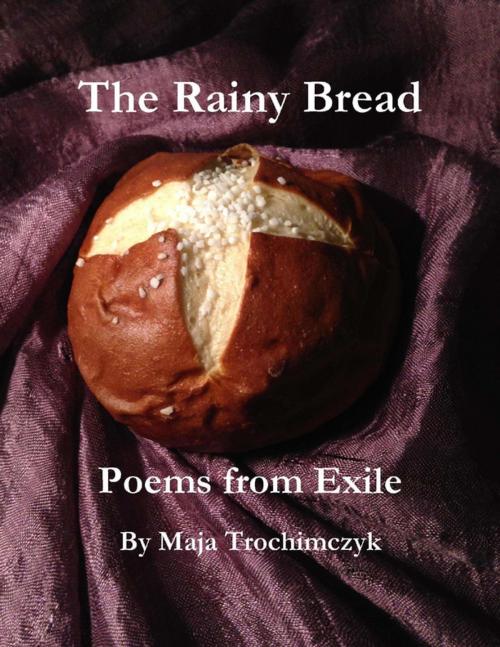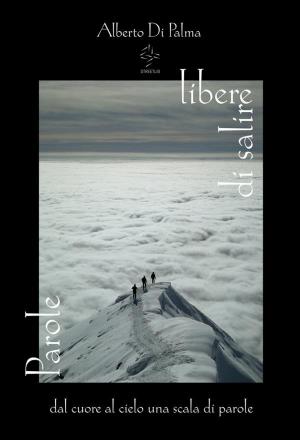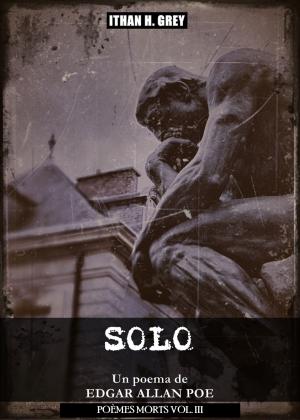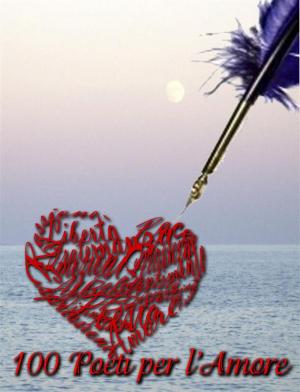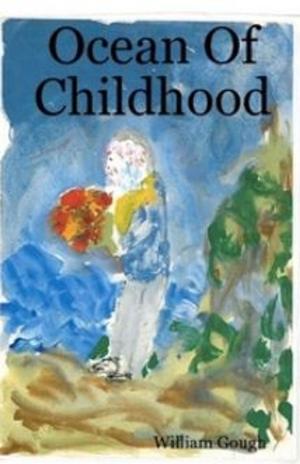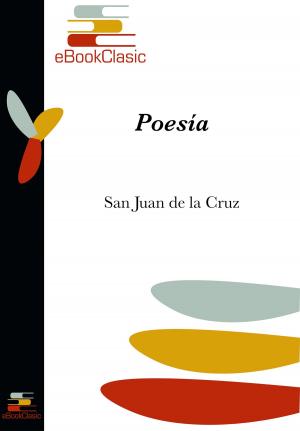| Author: | Maja Trochimczyk | ISBN: | 9781945938016 |
| Publisher: | Moonrise Press | Publication: | August 22, 2016 |
| Imprint: | Moonrise Press | Language: | English |
| Author: | Maja Trochimczyk |
| ISBN: | 9781945938016 |
| Publisher: | Moonrise Press |
| Publication: | August 22, 2016 |
| Imprint: | Moonrise Press |
| Language: | English |
“The Rainy Bread: Poems of Exile” includes 30 poems about forgotten stories of Poles living in the Eastern Borderlands of Kresy, who were killed, deported, imprisoned, or oppressed after the invasion of Poland by the Soviet Union on September 17, 1939. Some of these brief portraits capture the trauma and resilience, ordeals and miraculous survival stories of the author’s immediate family. Their experiences of displacement, hunger, cold, and poverty during the war are typical of Polish civilians. These fictionalized memories are coupled with depictions of survival of other Poles deported to Siberia, the Arctic Circle, or Kazakhstan; who left the Soviet Union with the Second Corps of the Polish Army under the command of General Władysław Anders; were transported to refugee camps in India or Africa; and ended up in Argentina, Canada, Australia or the U.S. The book is a companion to “Slicing the Bread” (2014), with which it shares some poems, including vignettes from the author’s childhood in Warsaw.
“The Rainy Bread: Poems of Exile” includes 30 poems about forgotten stories of Poles living in the Eastern Borderlands of Kresy, who were killed, deported, imprisoned, or oppressed after the invasion of Poland by the Soviet Union on September 17, 1939. Some of these brief portraits capture the trauma and resilience, ordeals and miraculous survival stories of the author’s immediate family. Their experiences of displacement, hunger, cold, and poverty during the war are typical of Polish civilians. These fictionalized memories are coupled with depictions of survival of other Poles deported to Siberia, the Arctic Circle, or Kazakhstan; who left the Soviet Union with the Second Corps of the Polish Army under the command of General Władysław Anders; were transported to refugee camps in India or Africa; and ended up in Argentina, Canada, Australia or the U.S. The book is a companion to “Slicing the Bread” (2014), with which it shares some poems, including vignettes from the author’s childhood in Warsaw.
